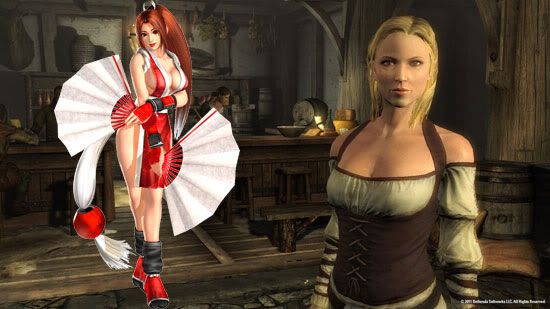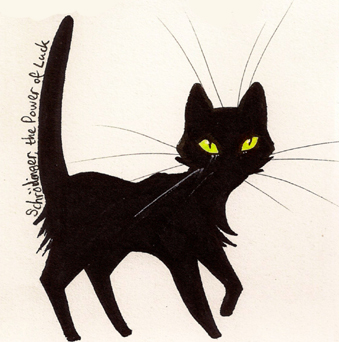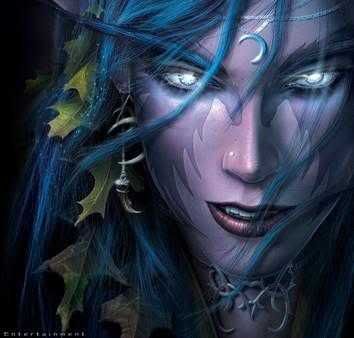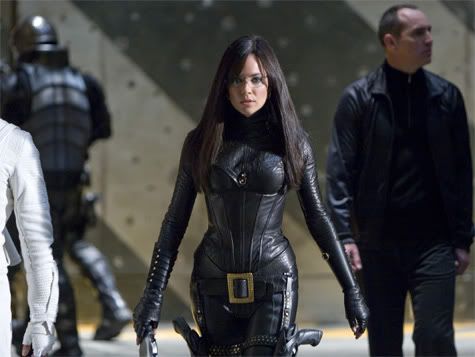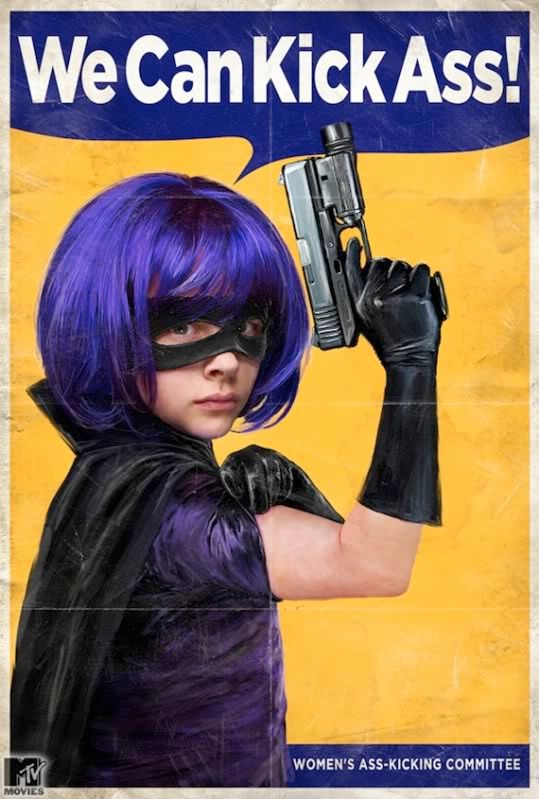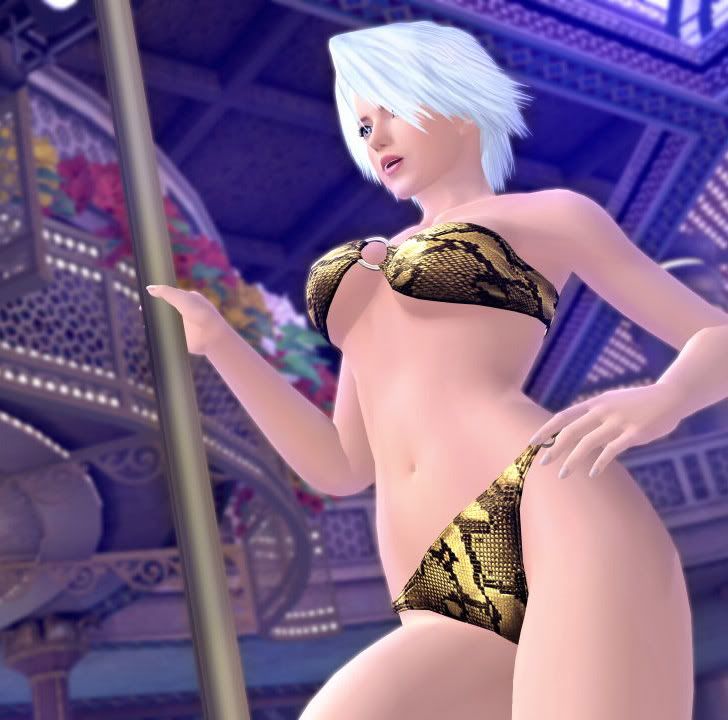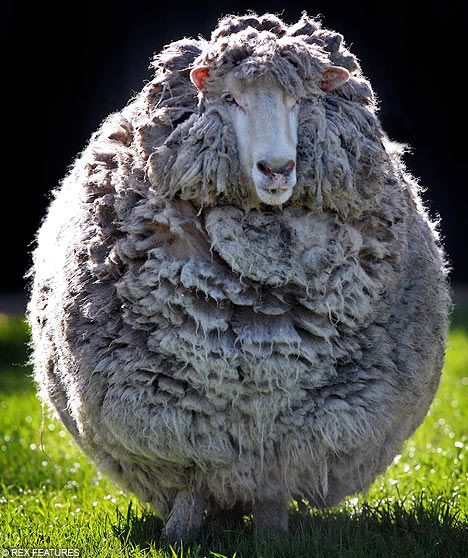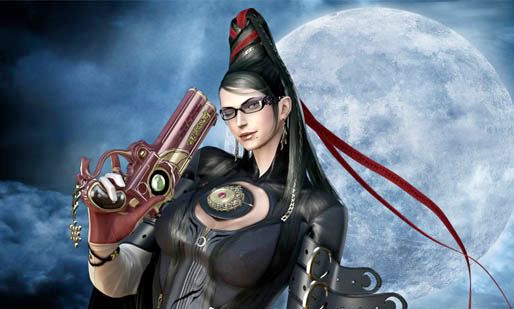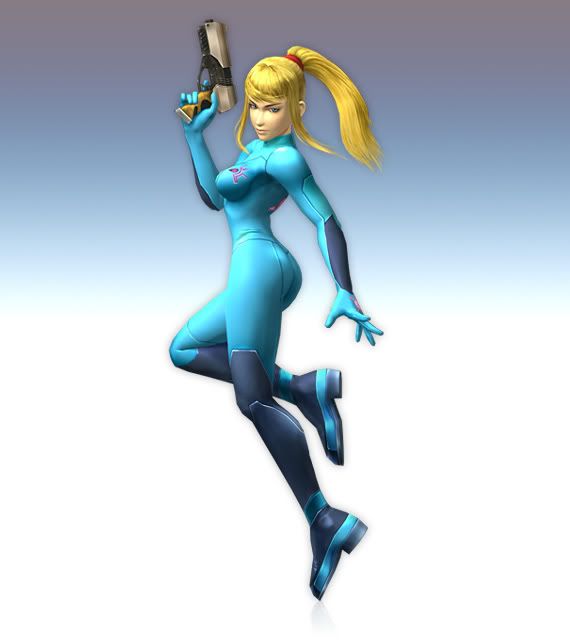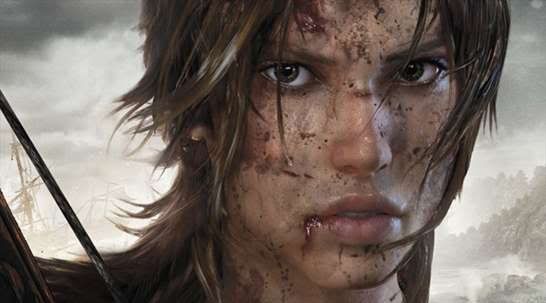
There’s been a lot of talk back and forth about the trailer for the new Tomb Raider that came out of E3. Word has been that this new Lara Croft would be darker and grittier, just like everything else is in games and fiction in general these days. A beaten and desperate Lara has to fight, crawl, sneak, and struggle her way from setpiece to setpiece in the game, and through it all she gasps, grunts, screams, and cries. I, like Susan Arendt, admire Lara’s tenacity. I like that there’s a sense of realism to go along with all of the platforming and combat. What I don’t like is that this and this alone is meant to make her a “stronger” character.
Strong women are not devoid of emotions. I’m glad Square Enix gets that. But you’re a fool if you think the only means demonstrate the emotions they have is through the mediums of torture, tragedy, or the power of a magical healing (or cackling evil) dick. You may think it’s the height of drama to have a female character develop through a wince-inducing, heart-rending struggle to survive as she’s faced with evil malefactors at every turn, but just a moment’s examination should reveal how shallow this method is. If you want to make your story interesting, you do need to hurt your characters, but if all you do to your female characters is beat them down or sex them up, people are going to start asking questions.
So ask the questions yourself, first. Bounce ideas off of another human being. If you don’t have the good fortune to live with one who’s interested in your work, use the Internet to meet some. Solicit opinions in a coffee shop. Go to a library and make the librarian cross by asking random people about the inner workings of your fictional clandestine organization. You need to share your work, and you need to get feedback, even if it’s completely negative.
How else are you to face the fact that your work is incomplete? No manuscript bursts forth from the head of its author fully-formed and ready to top sales charts. They need to develop. They need to grow. Rampant growth needs to be cut down, plot points need to be clarified, and darlings need to be dragged out behind the shed and shot. If you think you can do every single step of that process on your own, I think you may be part of the problem. As it was explained to me, no writer thinks they’re a bad writer. Self-deprecating as I may be at times, there’s a part of me that thinks what I have to offer the written word is worth someone else reading. In some ways, I may be right, but in others, I’m definitely wrong. And I won’t know that for sure which is which until I let someone else have at my words.
Let’s circle back to Lara. As a character to drive a game about the exploration of ancient ruins, fighting off threats of both natural and man-made origins, and hunting down obscure and inexplicable artifacts of dubious power and desirability, we need to do more than just make her an Indiana Jones knock-off, as Uncharted already beat her to that. I’m not sure how much of her backstory is changing with this latest reboot, but Lara always struck me as a woman who did what she did out of a sense of adventure, shunning the life of upper-class aristocracy because it was too constraining. I’m left wondering who she left behind when she made this decision. Are any of her former friends still trendy and wealthy, now the subject of tabloid reporting? Does she ever see a familiar face on a magazine, happy at a wedding or with a child? How does that make her feel? If the same friend was seen after a nasty split with an abusive ex, what would her reaction be? Does she get lonely out in the wild? What lines does she draw between what she’ll do and what she won’t, and why? Any one of these questions, if answered differently from the previous games if at all, could make for an interesting story to be laid like a foundation under the structure of gameplay. All it would have taken was one person sharing the standing ideas with another, and that other person bringing up any of the above points.
But no. Let’s just break a few of her bones and threaten her with some unsolicited hard-ons. And this time, not just from her fans!
I could be making a mountain out of a molehill, here, but to me, if all the game does to develop Lara’s character is push her down multiple times just to watch her get back up, it will have failed miserably in making the character better. Brienne of Tarth is a formidable and towering slayer of men, but that isn’t all she is. Zoe Washburne is not just first mate of the Serenity. Alex Roivas went through a great deal in Eternal Darkness and was only directly threatened occasionally. Miriam Black is more than the sum of her trash-talk, hustling, sex drive, and special powers. Ripley doesn’t just slay angry penis-monsters from beyond the stars. All of them have histories. All of them have points of view. All of them have feelings beyond “Hey, ow, this hurts.”
Why should Lara Croft, or new characters written by me or another author, be any different?

